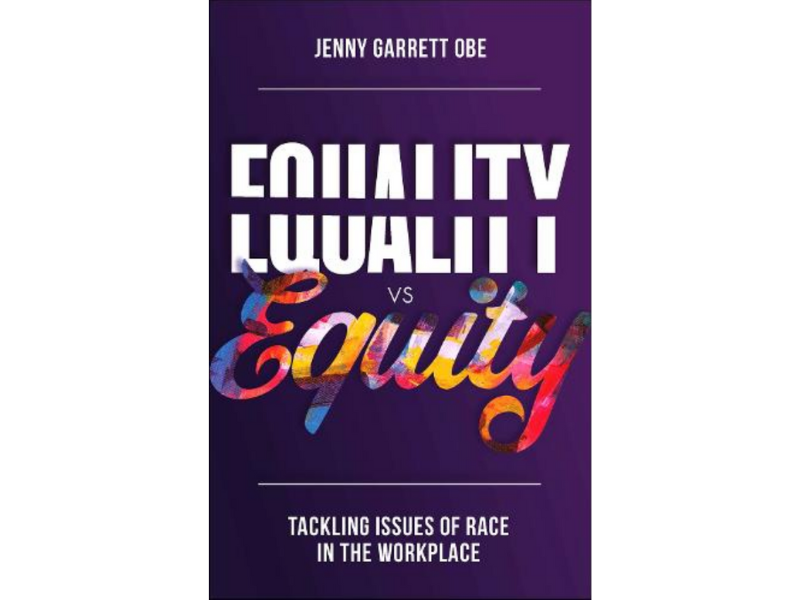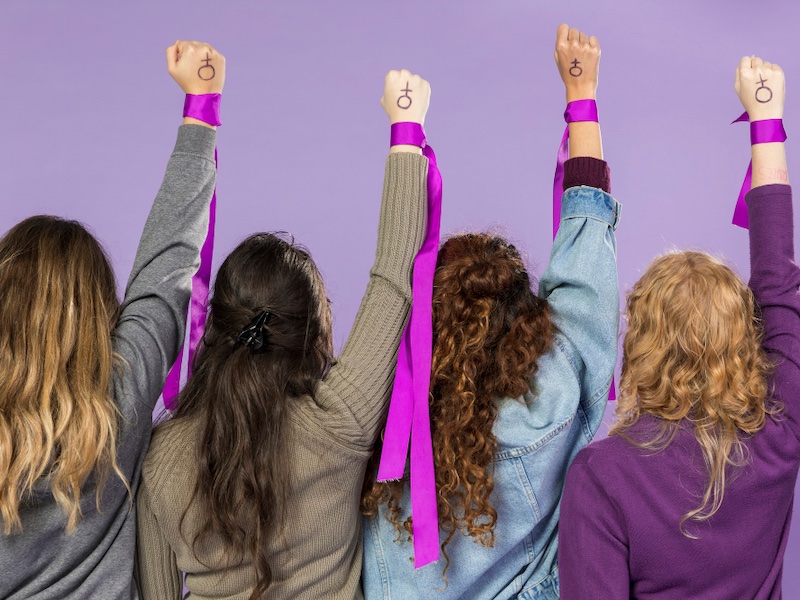Discrimination is deplorable and, in most cases, illegal.
If you are unfortunate enough to experience discrimination in your workplace then it is important you know your legal rights and where to reach out to for help.
What is Discrimination?
Under the Equality Act 2010, discrimination is when someone is treated unfairly for any of these reasons:
- age
- disability
- gender reassignment
- marriage or civil partnership
- pregnancy or maternity
- race
- religion or belief
- sex
- sexual orientation
Discrimination based on any of these characteristics is usually against the law.
Direct or Indirect Discrimination
Discrimination can be either direct or indirect.
Direct discrimination is when you are treated unfairly because of one of the above characteristics. For example, you are not given a job because you are a homosexual woman, and the job goes to a heterosexual man who is less qualified.
Indirect discrimination can happen when there are rules or arrangements that apply to a group of people but, in the circumstances, are less fair to a certain protected characteristic.
For example: A job advert says applicants must have spent 15 years working in sales. By doing this, the business could be discriminating indirectly based on age. This is because the advert excludes young people who still have the skills and qualifications needed.
Can your employer be liable for another employee’s discrimination?
If an employee discriminates against you, by law their employer could also be held responsible via the principle of ‘vicarious liability’.
Whether the employee and employer are both held responsible depends on whether the discrimination is linked to the employee’s work. The law describes this relationship as ‘acting in the course of employment’. However your employer may not be held responsible if they can prove that they took all reasonable steps to try to prevent discrimination, harassment and victimisation by staff.
What to do if you have been discriminated against?
If you are unfortunate enough to experience discrimination at work, you should first raise the issue with your employer. If they do not sort the issue out to your satisfaction, then you can make a formal complaint or escalate the complaints procedure by raising a formal grievance.
If you are still not satisfied you can make a claim to an employment tribunal for discrimination. You can do this yourself or seek legal representation or contact the Citizens Advice Bureau to make the process easier. If you are a member of a trade union, it would be prudent to speak to them and see what help they can offer.
Please note that the above is intended as a high-level overview and does not constitute as legal advice whatsoever. If you are concerned about your rights, please reach out to the team and ACLF for a free initial consultation.
WeAreTheCity covers the latest female centric news stories from around the world, focusing on women in business, careers and current affairs. You can find all the latest gender news here.
Don’t forget, you can also follow us via our social media channels for the latest up-to-date gender news. Click to follow us on Twitter, Facebook, Instagram, and YouTube.









